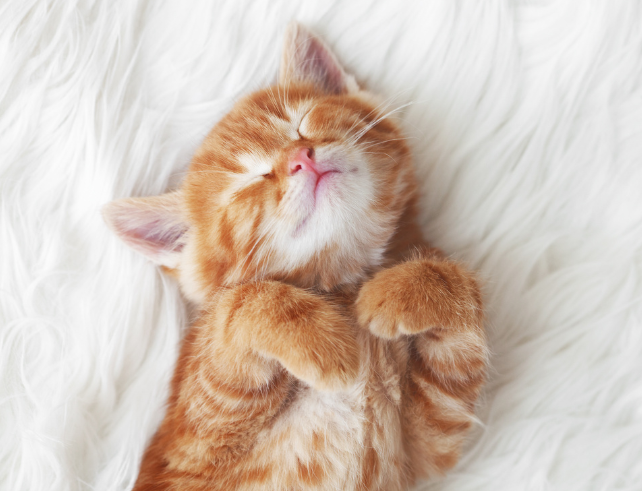Welcoming a new kitten is a joyous occasion, but it also brings the responsibility of ensuring their health. An essential part of kitten health is getting the necessary vaccinations. This guide will walk you through the essential vaccinations for kittens, explaining why they are crucial and when to schedule them. As always, our team at Let’s Have Pet is here to guide you on this journey.
The Role of Vaccines

Firstly, it’s important to understand that vaccines help bolster your kitten’s immune system to fight off infections. Not only do they keep your pet healthy, but they also play a vital role in preventing the spread of diseases among the cat community.
Key Vaccines

Vaccines are broadly split into two groups by experts: core and non-core. Irrespective of their lifestyle, every cat needs core vaccines. Here are the essential ones your kitten should receive.
Feline Distemper (FVRCP)

Feline Distemper, often known as Feline Panleukopenia, is a highly infectious and deadly disease. Interestingly, the FVRCP shot also protects against two other types of viruses, namely Feline Herpesvirus and Calicivirus.
Ideally, your kitten should get their first dose at 6-8 weeks old. Subsequently, they’ll need booster shots every 3-4 weeks until they are 16-20 weeks old. Following this, they’ll require a booster every three years.
Rabies

Rabies is a deadly virus that can affect all mammals, including humans, and spreads via bites. Consequently, your kitten should get their first rabies shot at 12-16 weeks old. After this, they’ll need a booster after a year, and then every one to three years, depending on the type of vaccine and local regulations.
Additional Vaccines
On the other hand, the requirement for non-core vaccines depends on a cat’s unique risk factors. These include:
Feline Leukemia (FeLV)

The Feline Leukemia Virus is known for causing severe infections or cancers such as lymphoma. Generally, kittens receive this shot. The first dose is typically administered at 8-12 weeks, with a booster at 12-16 weeks. From then on, cats at high risk of exposure should get yearly boosters.
Feline Immunodeficiency Virus (FIV)

The Feline Immunodeficiency Virus can lead to an AIDS-like condition in cats. As a result, cats and kittens at high risk of exposure usually get this shot.
Bordetella and Chlamydophila

These shots help protect against specific upper respiratory infections. Hence, cats living with other cats or frequently exposed to other cats should get these shots.
Side Effects and What to Do

Like most medical interventions, vaccines can cause side effects. Commonly, your kitten might eat less, run a mild fever, or experience swelling at the injection site. However, severe reactions are rare.
Therefore, it’s crucial to discuss your kitten’s lifestyle and risk factors with your vet when deciding on their vaccines. For example, indoor-only cats may not need as many shots as outdoor cats, but all kittens must receive core vaccines.
Wrapping Up

In conclusion, vaccines are a critical part of your kitten’s health. They protect them against a host of diseases. While the process might appear daunting at first, having the right information simplifies it.
Always consult with your vet about the best vaccine schedule for your kitten. After all, a healthy kitten is a happy kitten, and a well-vaccinated kitten is definitely on the right path to a long and healthy life.
Prepare yourself for a strong bond filled with purrs, cuddles, and memorable moments. Remember, your kitten’s health is crucial, and it all starts with the right vaccinations. Read others

